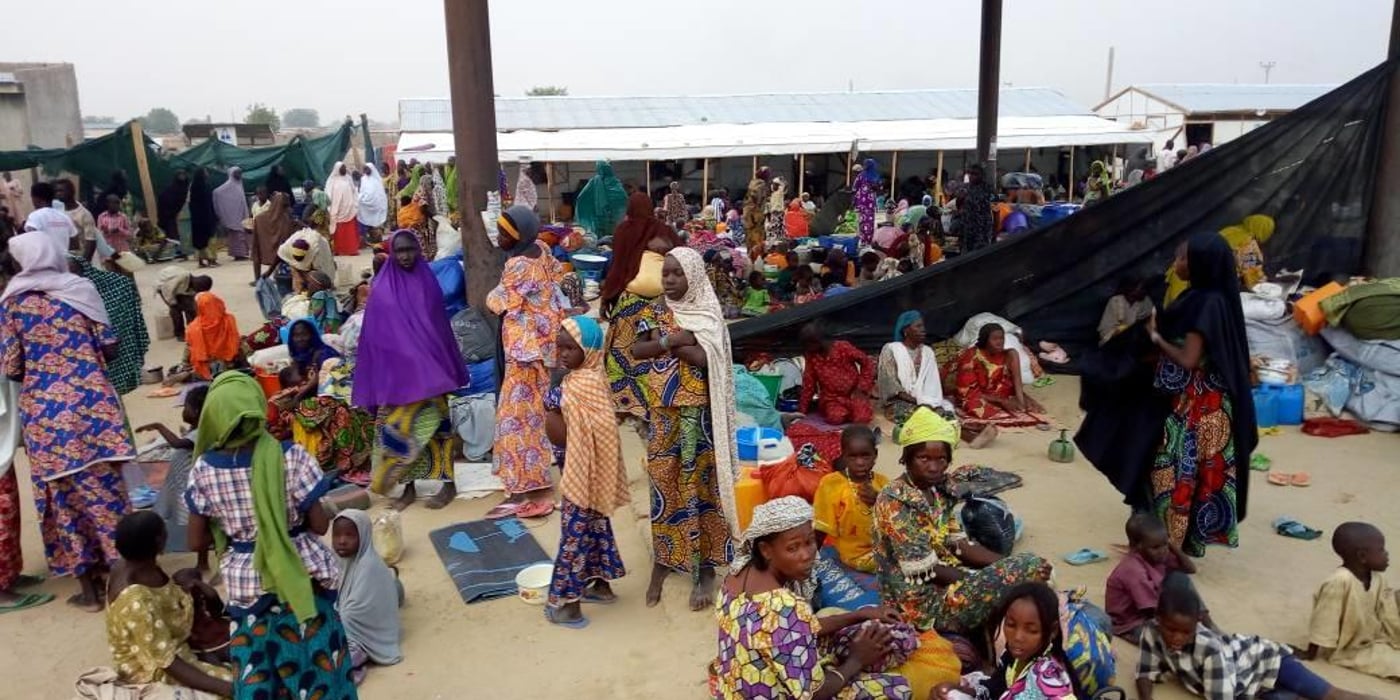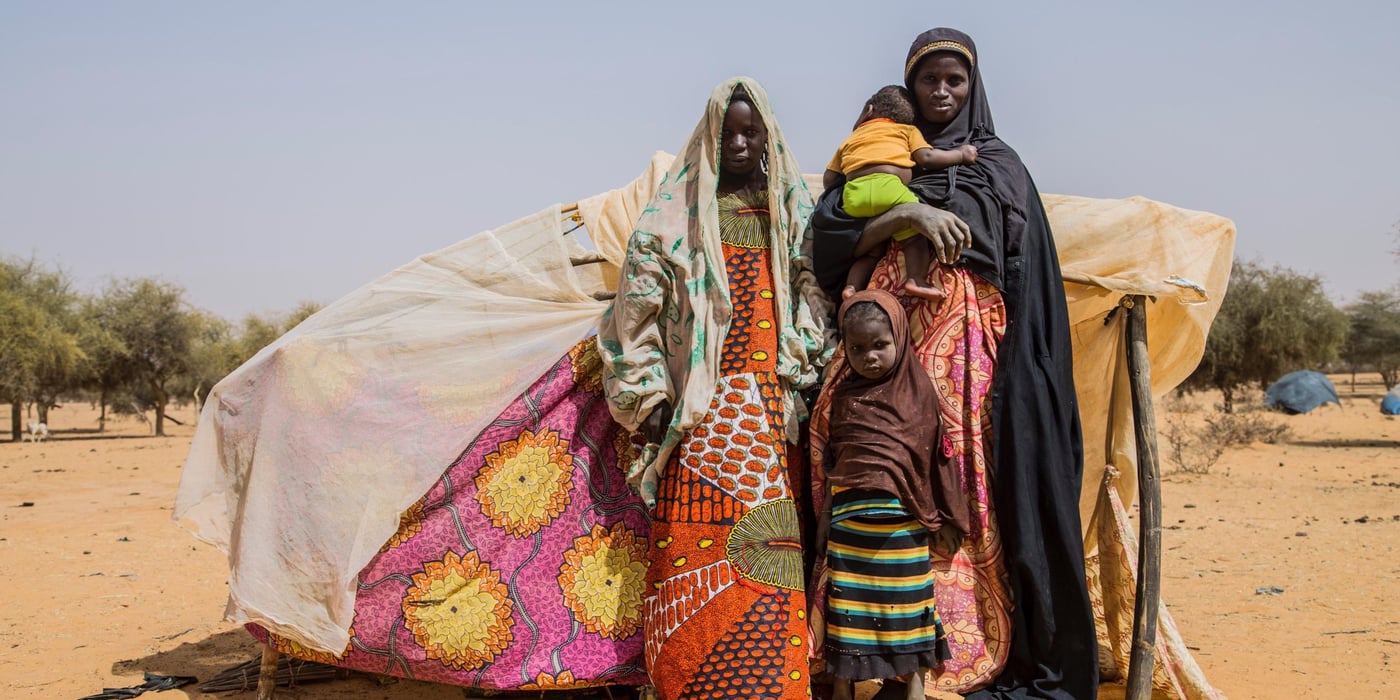
A record high number of 10,000 cases of cholera was recorded in north-east Nigeria in 2018, with more than 175 registered deaths, although the actual number may be higher.
“If the camps are not decongested and sanitation facilities improved, cholera will inevitably return, and vulnerable displaced people will bear the brunt of the epidemic again,” warned Eric Batonon, NRC’s Country Director for Nigeria.
Over the last decade, north-east Nigeria has been affected by cholera on a yearly basis. Now, following a rise of violence in late 2018 forcing over 100,000 people to flee, displacement camps and sites are overcrowded. This has resulted in a deterioration of the living conditions and a lack of sanitation facilities. For instance, 466 people are sharing one latrine at one of the displacement camps in the state of Borno, according to the Humanitarian Office for the Coordination of Humanitarian Affairs (OCHA). This is nine times above the agreed humanitarian standards, which is set at 50 people per latrine in emergency situations. As a result of lack of sanitation, people choose to defecate in the open, exacerbating an already vulnerable situation and increasing the likelihood of the spread of disease.
“The conflict in north-east Nigeria has now lasted for about ten years, and we should have learned the lessons of past cholera outbreaks and be able to prepare adequately to limit the impact,” said Batonon.
“We are calling for Nigerian authorities to provide additional land to develop decongestion plans and to enable the construction of new water and sanitation facilities. At the same time, the international community should provide the necessary funding to respond quickly and efficiently so we can end the cycle of yearly cholera outbreaks in the region.”




